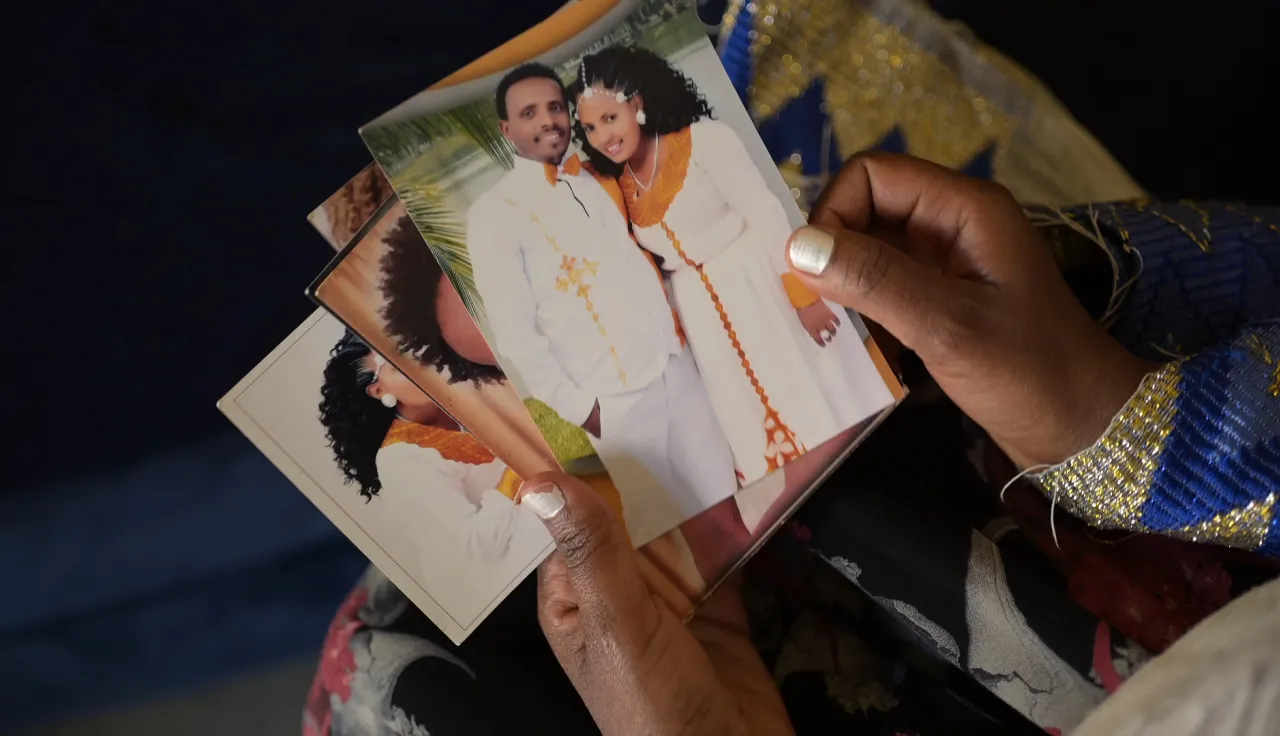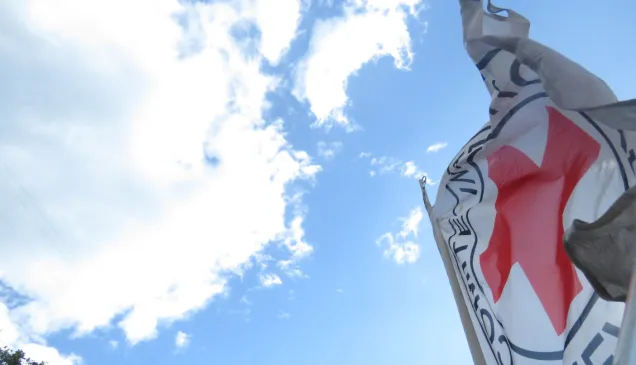States and parties to armed conflicts bear the primary responsibility to prevent disappearances, protect civilians and people deprived of liberty, clarify the fate of missing people and provide long-term support to their families. How states respond to missing persons cases can shape societies long after violence ends, influencing peacebuilding, reconciliation and the ability of communities to heal.
When parties to conflict respect international humanitarian law (IHL), the risk of people going missing is reduced. For example, the Fourth Geneva Convention includes the duty to avoid the separation of family members during the transfer or evacuation of civilians by an occupying power. The principle of preserving the family unity of refugees and displaced people is also found in other international treaties and military manuals.
The rules of war also stipulate that parties should share information about detainees in a timely manner and enable them to maintain contact with relatives. The obligation to account for deceased enemy combatants likewise ensures that their fate is known to the families and they are not registered as missing.
Family Links Network statistics for 2024
- The number of missing people registered by their families rose to approximately 284,400 in 2024.
- The figure represents a net increase of about 68% since 2019, when the number of people registered missing by the International Red Cross and Red Crescent Movement stood at 169,500.
- Over 16,000 people were located, and more than 7,000 were reunited with their families. These cases were resolved thanks to the combined efforts of the ICRC, National Societies and, in some cases, the families themselves.
- Nearly 90,500 Red Cross messages were delivered, and close to 2.3 million phone calls facilitated.
*About the Family Links Network:
The ICRC, together with National Red Cross and Red Crescent Societies around the world, works across borders to search for missing persons and reconnect families separated by war, disasters and migration. Together they form the Family Links Network, which at its core has a simple premise: everyone has the right to know the fate of their loved ones.
Note to editors:
The figure of 284,000 missing persons worldwide represents only those cases documented by the Family Links Network at the end of December 2024. They do not represent the total number of people missing around the world, which is likely to be far higher. The ICRC considers someone as missing from the date that a family member registers him or her as missing until the case is closed by either the ICRC and Red Cross or Red Crescent teams, or if families report to our teams that they found their missing relative.
For more information:
Restoring Family Links: https://familylinks.icrc.org/
For more information, please contact:
Press Office, ICRC Geneva, press@icrc.org




